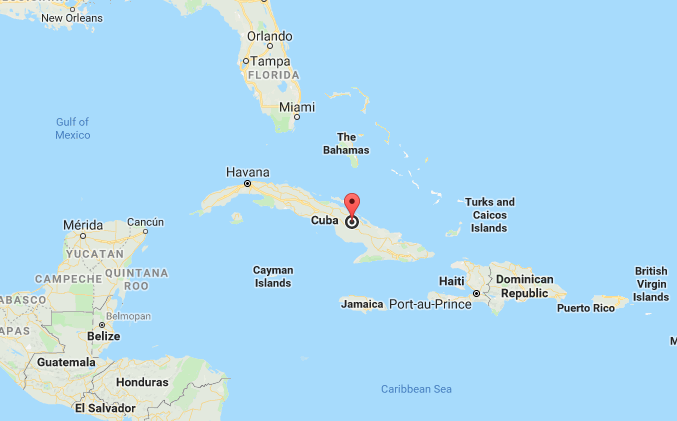El Rancho Night Club Band
To be honest, I’ve found writing about Cuban music in any form is a bit intimidating. Between its intensely distinct textures, percussion, and timeless musical influence on the U.S. and Latin America alike, looking into it can be similar to approaching classical music for the first time- overwhelming.
We’ll start by checking out Cuba a wee bit.
Cuba is tough. Politically speaking, the country’s former leader Fidel Castro has withstood nearly 50 years of US sanctions intending to contribute to a collapse of its communist government.
In February of 2008, Fidel’s successor and younger brother Raul took the reigns of the one party state.
For decades during the Cold War, Fidel was able to monetize financial backing from the Soviet Union and was successful in creating legitimate health and education systems.
Cuba got tied up in one of the closest threats to nuclear warfare the world has ever seen in the Cuban Missile Crisis.
The country went into a severe economic crisis in 1991 after the collapse of the Soviet Union.
You probably heard about how the US and Cuba normalized relations last year after 50 years of diplomatic separation.
Music
Cuban music is complex.
Its influence of Hispanic, African, regional and international genres are broken down into these sections by the Oxford Dictionary of music:
-Amerindian
- Local traditions of natives before Spanish.
-Iberian-derived
- This refers to the influence of subsidized immigrants that came from the Canary Islands of Spain.
- The “chachachá” was invented in Cuba from a development of the Spanish Danzon.
-Afrocuban
- This term indicates the influence of West Africa, mostly with in its cyclic and improvisatory aspects.
- The Cuban Son derives from African rhythms and European harmonies.
The political climate created by Castro has influenced the output of Cuban music greatly since the recording featured on this page was made.
The Oxford Dictionary of Music puts it like this:
“As in the case of most Marxist states, culture has been highly politicized in Cuba. Countless forms of musical expression have flourished on the generous support of government agencies while others have been marginalized and censored. The musical panorama is complex and contrasts attributes such as free education, health care and relatively high salaries for many performers with limitations on personal expression, lack of adequate materials for study and difficulty in travelling. It must be emphasized, however, that state-sponsored artistic activity in general increased after 1959 and that the island continues to produce performers of exceptional quality.”
As stated, Cuba has produced musicians of exceptional quality since Castro’s reign began. Keep in mind, however the music, that I’ve chosen is particularly labeled “Pre-Castro.” Think Ricky Arnez, but not the I Love Lucy Ricky. This is like if Ricky and his band mates are at their buddy’s house back in Cuba, had a couple drinks and decided to go for it.
Information on the recordings is extraordinarily small from what I could find. Needless to say, this particular album oozes easy going settings and enormously talented musicians, notably in tracks like “Vengan Todo a Bailiar (Unspecified)” and “Jawbone of an Ass.”
Unfortunately, it seems to be one of those albums that’s put on the shelf and not often looked at. I did manage to get it under “essential picks” on the front page of Folkways in my time there. That’s something right?
Here’s "El Rancho Night Club" off Musica de Cuba pre-Castro:
